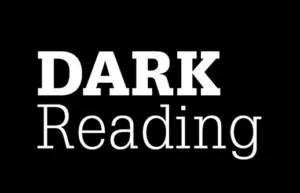DISINFORMATION: Nations are Cultivating Fake and Misleading Personas and Websites
There is a lot of talk around security circles about misinformation. In general, this is the “fake news” story but a lot worse because it is far stealthier and far more believable. The basic premise is that social media accounts are setup and managed for the sole purpose of gathering followers and then using that influence to guide public opinion in a certain way.
This is clearly frightening because we all know it works! Many nation states are doing exactly this to influence the US population and opinion. Russia utilized fake experts in their influence around the 2016 U.S. Presidential campaign. GRU operatives (Russia) have created fake “think tanks” and news sites that they continue to use to erode opinion against Russia in the Ukranian conflict. (DiResta, Renee, and Shelby Grossman. Potemkin Pages & Personas: Assessing GRU Online Operations, 2014-2019. Stanford, CA: Stanford University, 2019.)
Iran, North Korea, and China are doing the same.
The following is a quote from a release from CISA, the Cybersecurity and Infrastructure Security Agency of the US government. This was released
Disinformation actors create networks of fake personas and websites to increase the
believability of their message with their target audience. Such networks may include
fake academic or professional “experts,” journalists, think tanks, and/or academic
institutions. Some fake personas are even able to validate their social media accounts
(For example, a blue or gray checkmark next to a username), further confusing
audiences about their authenticity. Fake expert networks use inauthentic credentials to
make their content more believable.
Disinformation actors also increase the credibility of these fake personas by generating
falsified articles or research papers and sharing them online. Sometimes, these
personas and their associated publications are intentionally amplified by other
actors. In some instances, these materials are also unwittingly shared by legitimate organizations and users. The creation or amplification of content from these fake personas makes it difficult for audiences to distinguish real experts from fake ones.
Adversaries have also demonstrated a “long game” approach with this tactic by building a following and credibility with seemingly innocuous content before switching their focus to creating and amplifying disinformation. This lends a false credibility to campaigns.
- The Imperative for Cyber Talent on Corporate Boards - March 29, 2024
- Talking CMMC preparation - March 12, 2024
- Protecting Your Business: Strategies to Combat DNS Attacks - February 20, 2024
